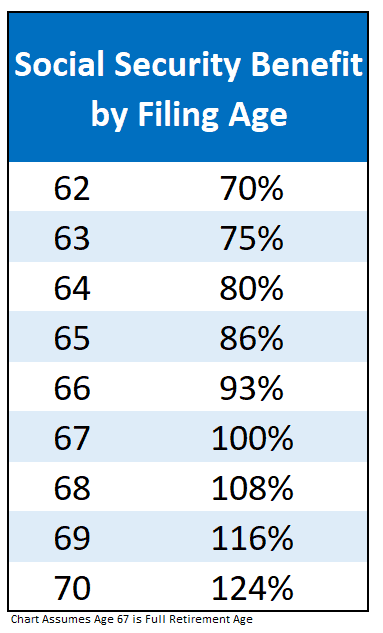
Examining the Exclusion of Lawyer’s Retirement Benefits from Marital Assets
The ruling of the Connecticut Supreme Court recently in a divorce case that retirement benefits from the lawyer’s law firm were not to be considered as marital property has sparked a wave of discussions among the legal fraternity. This contentious decision seemingly going against established law, however, had the court itself divided on the matter.
Retirement Benefits as Marital Assets: The Complexity
Traditionally, during the division of assets in a divorce case, retirement and pension benefits accumulated during the marriage are considered marital property. However, the ruling from the Connecticut Supreme Court challenges this conventional understanding. The ruling declared that the defendant’s law firm’s retirement benefits were too speculative to be classified as marital property.
Divorce Law and Retirement Assets
In divorce law, determining marital property can occasionally be the most challenging step. In most jurisdictions, any property acquired by a spouse during the marriage is deemed marital property, with some notable exceptions. Retirement savings managed throughout the marriage generally fall under this category, and how courts divide these assets is largely dependent on the specific circumstances of each case. The ruling may vary if the future value of the asset in question is uncertain – the exact situation that arose in Connecticut.
Controversy and the Connecticut Supreme Court Ruling
The Connecticut Supreme Court’s ruling drastically alters conventional marital property division norms. The nature of this verdict, however, was contentious, and the court was split on its resolution, with one of the justices arguing that the decision contradicts established case law.
Push Against Established Case Law?
This Connecticut case bears vital implications for similar cases in other jurisdictions. It raises questions about the allocation of retirement benefits in divorce proceedings under traditional common law practices. Any shift from the existing establishment could potentially disrupt due processes in other jurisdictions, creating a ripple effect across the legal landscape.
Impact on Legal Fraternity and Future Cases
Legal professionals will be watching closely to find out how this ruling impacts future divorce cases involving lawyers or other professionals with deferred compensation plans. This ruling might instigate a reconsideration of standard procedures and challenge conventional understanding on the division of retirement benefits in divorce cases.
Legal Practitioners’ Perspectives
Cases like this represent an important reflection point for legal practitioners. They invite legal professionals to revaluate existing standards and adapt to evolving interpretations of the law. Such cases present opportunities for consciousness-raising discussions within the legal community about the marriage of law and morality in the modern judicial system.
Conclusion: The Ebb and Flow of Legal Judgments
The case in question emphasizes the dynamic nature of law and its subjectivity to interpretations. Though the abrupt deviation from conventional law was contentious, such variations and uncertainties are part and parcel of the ever-evolving legal landscape. These disparities lead to engaging discourses and, in many ways, contribute to the evolution and adaptability of law. As always, the legal community will eagerly await the repercussions and potential adjustments to legal norms that may arise from this ruling.
Originally Post From https://www.law.com/ctlawtribune/2025/01/09/lawyers-retirement-benefits-excluded-from-marital-property-/

